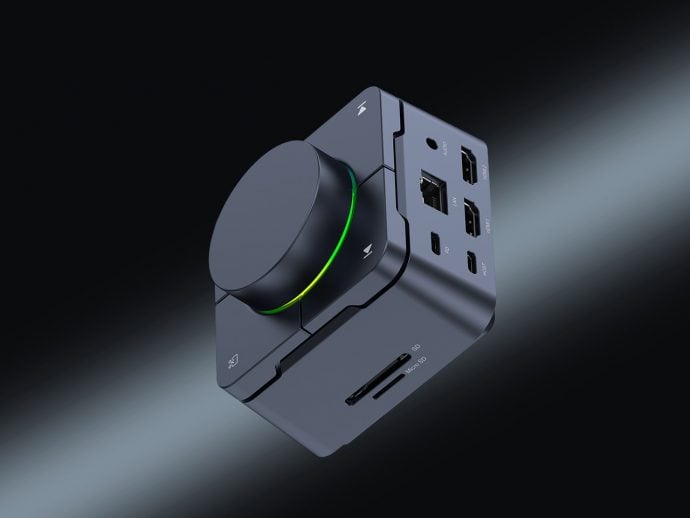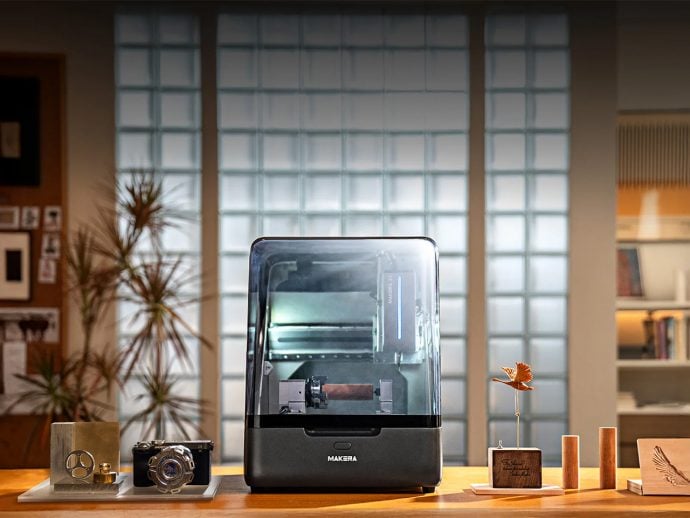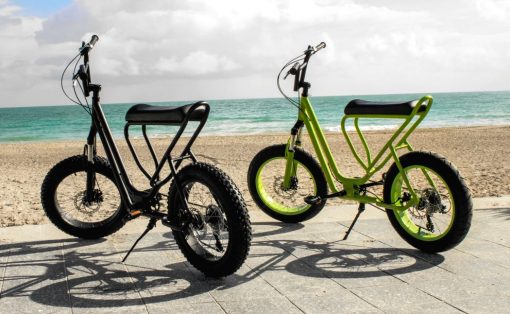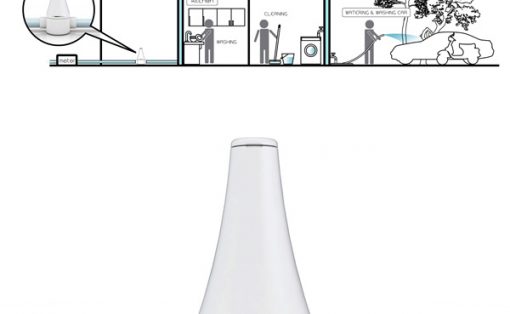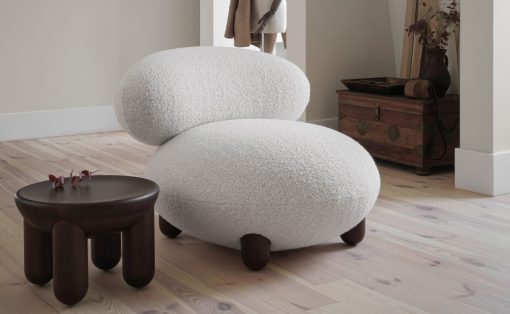
2020 was a life-altering and drastic year, and 2023 is the year we get to redeem all our careless mistakes of the past and start living more consciously and sustainably. We cannot ignore the needs of our planet anymore, we need to take the environment into consideration, and what better way to start doing that than from our own homes? Sustainable furniture is taking the design industry by storm, they’re a step towards making our homes and our daily lives more eco-friendly and sustainable. They’re an attempt to cast aside toxic materials, and instead, add furniture designs to our home that won’t rot away on Earth for years once we’re done with them. We’ve curated a collection of furniture products created from cork, bamboo, and even a sea plant! The options are endless, and the end result is the same – a greener, healthier, and happier Mother Earth!
1. 3D-printed Chairs


These unique 3D-printed chairs were designed by Johannes Steinbauer Office For Design and were designed using additive manufacturing and are built without the use of fabrics, springs, and foam! Despite the lack of springs and foam, the chairs still manage to be super functional and cozy to sit in. The chair makes use of rigid parts, instead of the typical racks from chairs.
Why is it noteworthy?
The design is simple enough with four legs, a round seat, and a single bar at the back. But if you want to add other components like more racks or textiles, these can be added through 3D printing. The different parts are easy to assemble and disassemble and once it reaches the end of life, you can dispose of the different parts separately and recycle them accordingly.
What we like
- Super easy to assemble and disassemble
- Sustainable design
What we dislike
- No instruction on having a space-saving version of this design
2. Tellus Bench
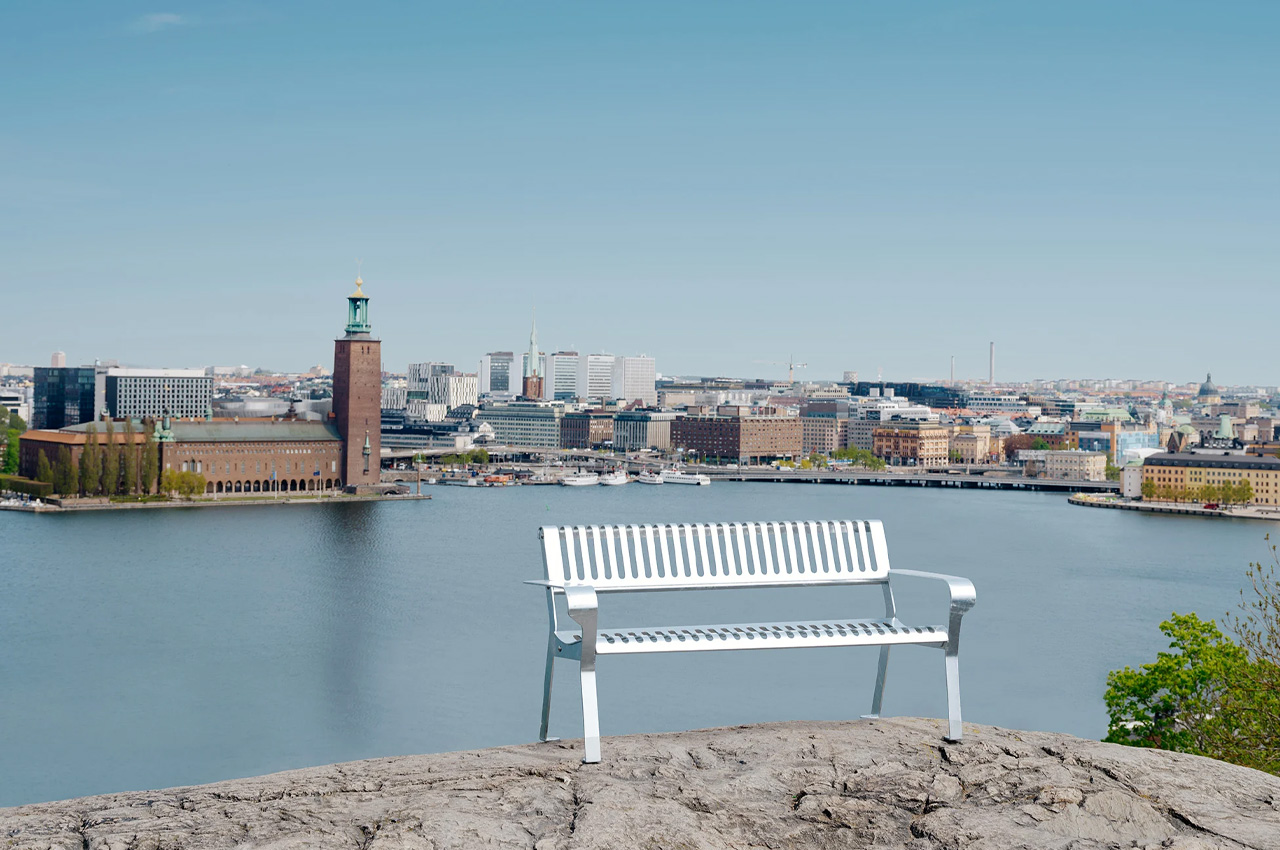
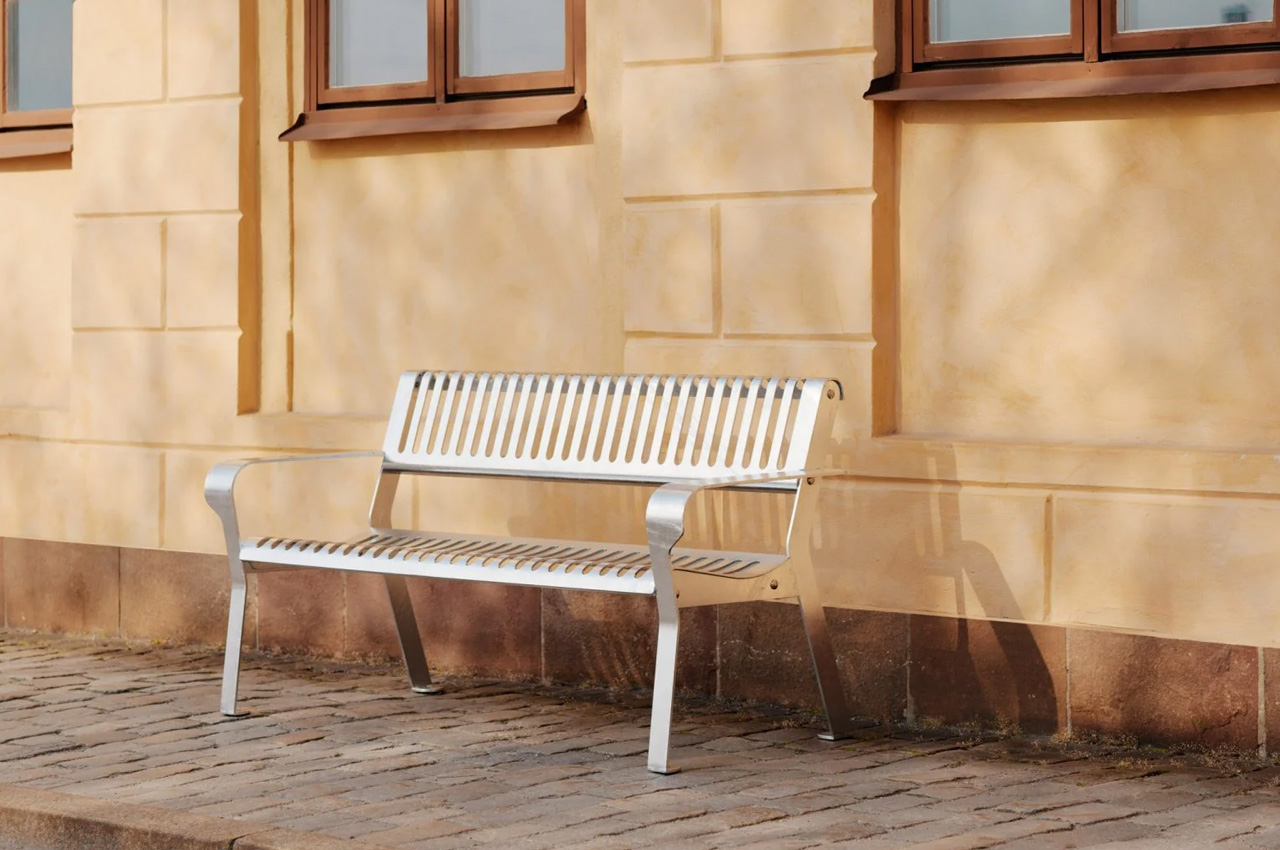
Street furniture brand Vestre and designer Emma Olbers have designed a unique and innovative piece of furniture called the Tellus Bench using fossil-free steel, produced without creating carbon emissions.
Why is it noteworthy?
Swedish steelmaker SSAB forged the steel used to build the Tellus Bench in its converted blast furnace, which utilizes green hydrogen instead of coal for heat, and hence it emits no carbon dioxide.
What we like
- The bench is equipped with wide armrests, that provide comfort to the user, while also offering sufficient space to place a coffee or tea cup
What we dislike
- Aesthetics are a bit dull and unassuming
3. The Drop Side Table
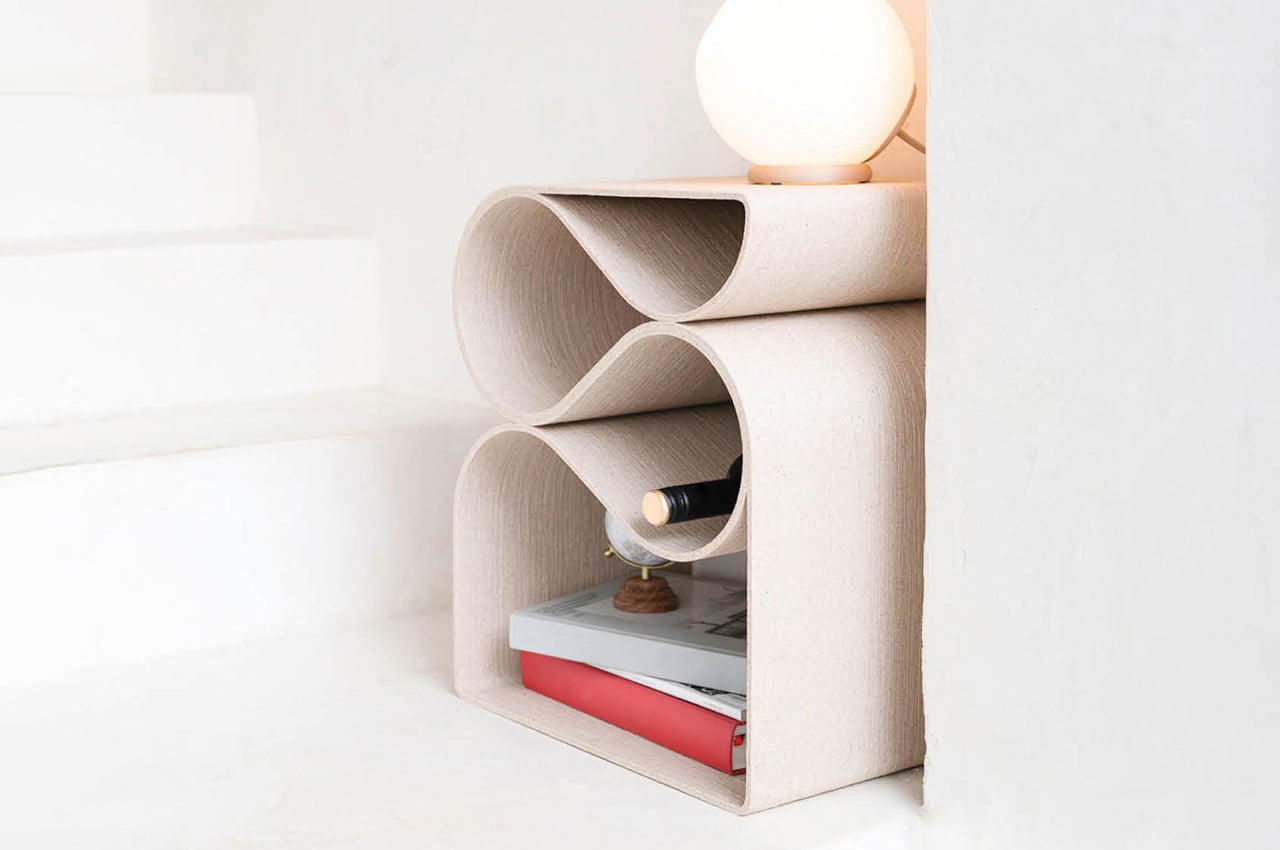
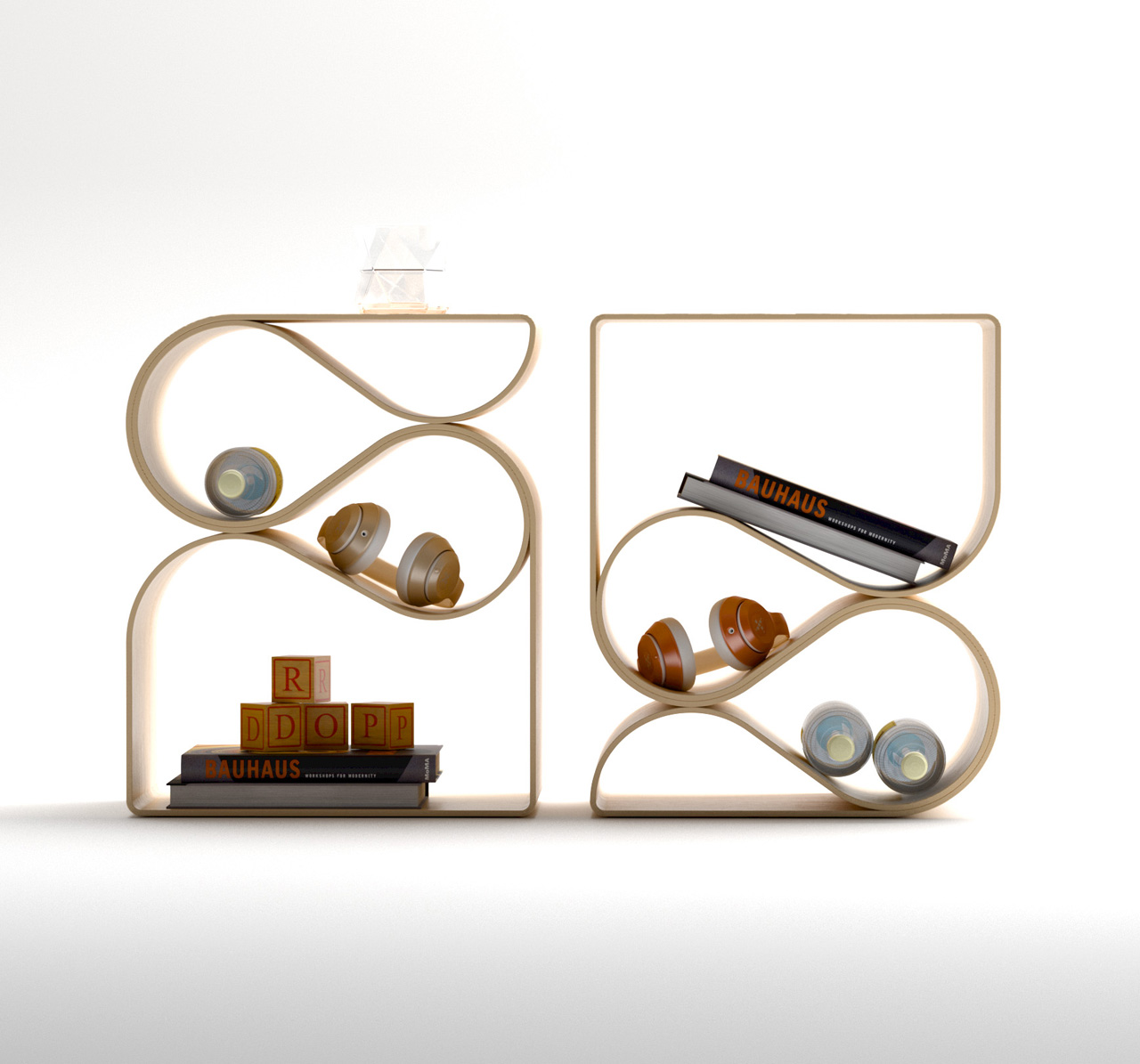
The Drop Side Table is a clean, minimal, and sturdy furniture piece that was built by twisting a standard glass tube until the tube is completely interlocked in itself.
Why is it noteworthy?
This twisting and interlocking resulted in the creation of two parts that are divided by a tightly knitted separation. Twisting the tube created a simple and efficient product that did not require any additional material.
What we like
- Recycled PTA and recycled wood fibers were utilized for the 3D-printing process
- The twisting storage sections of the side table can be used to store a variety of items from books and magazines to tealights or smaller flowers
What we dislike
- The curved under-table is not a storage-intensive design as it leads to a wastage of space.
4. The Sphere Office Chair
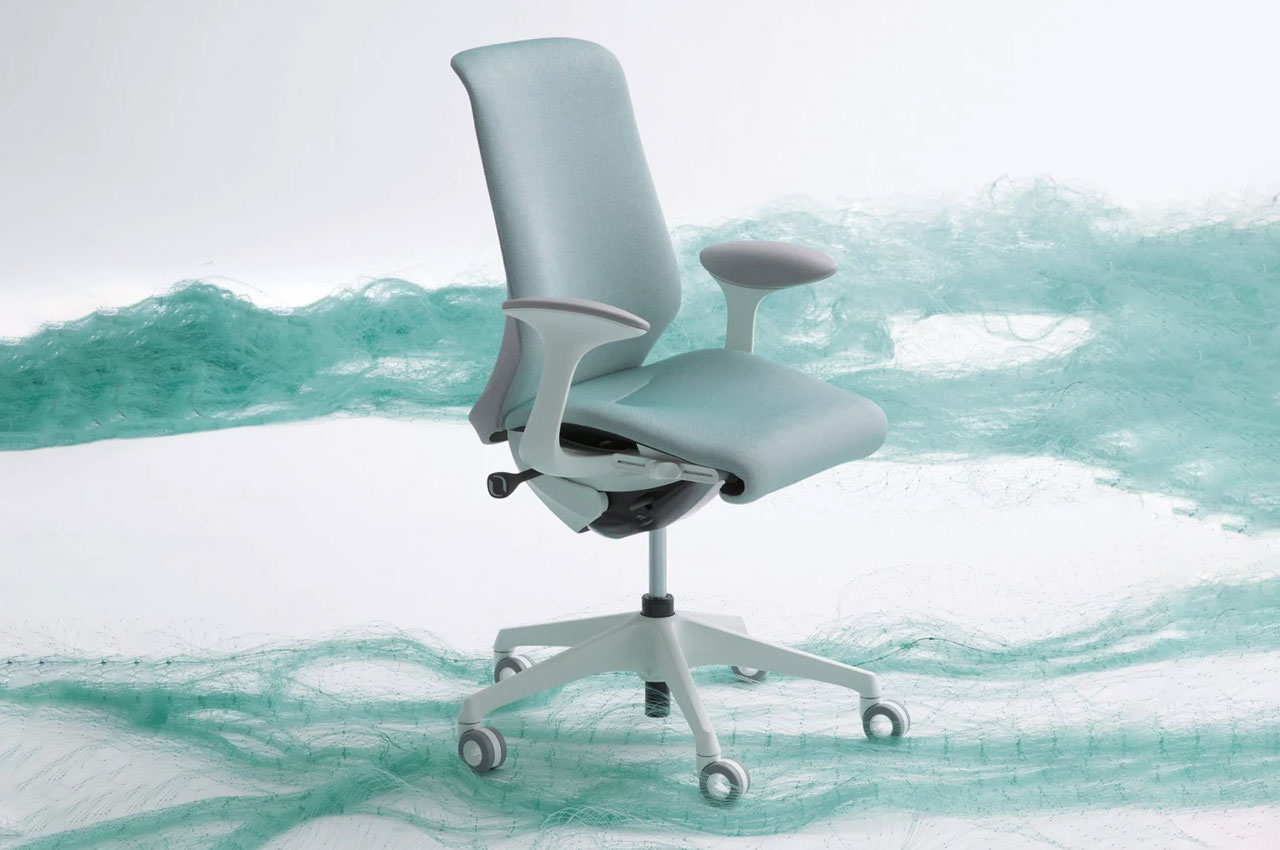
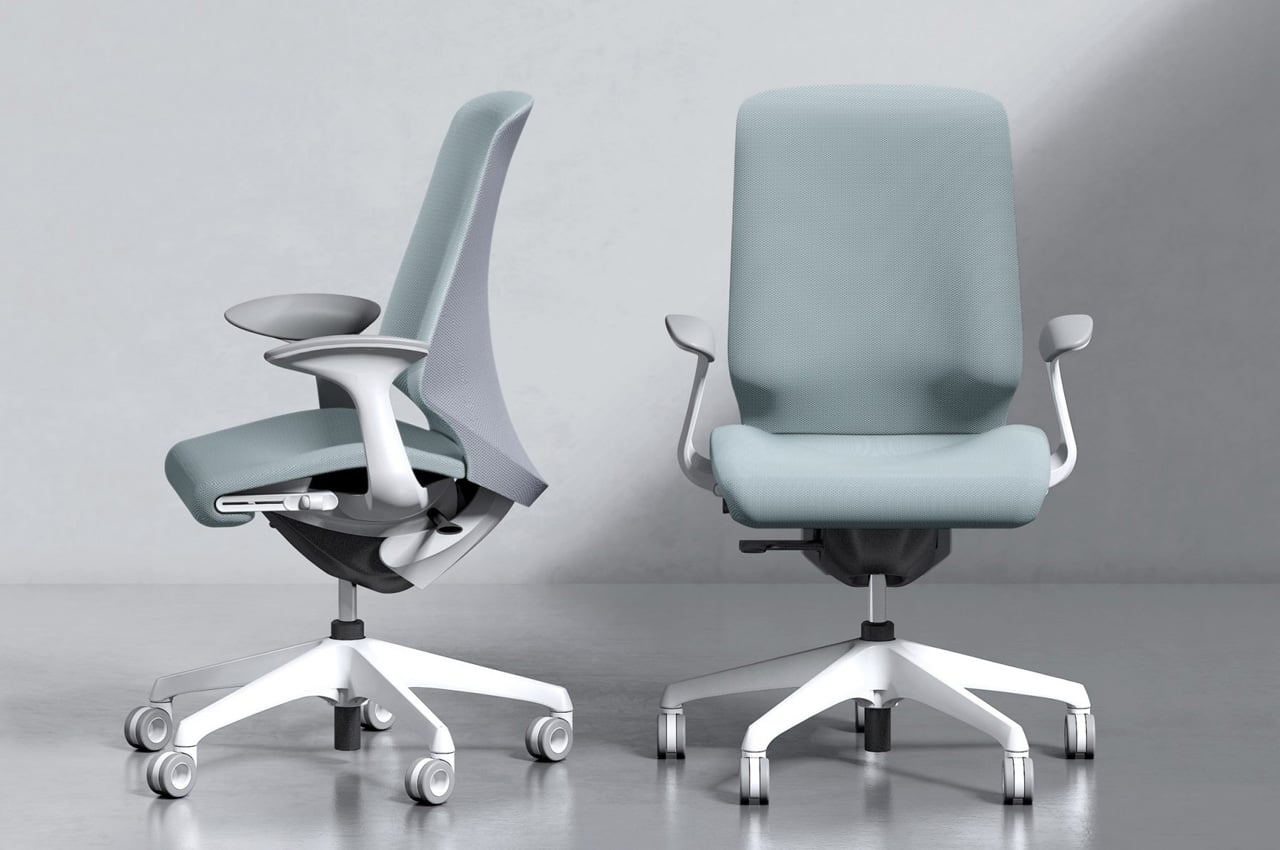
Designed by Japanese furniture brand Okamura, the Sphere office chair is a sleek and good-looking office chair made using recycled fishing nets that have been salvaged from the ocean.
Why is it noteworthy?
The upholstery of the chair has been made from Okamura’s Re:net material, which is created from recycled fishing nets taken from the Japanese ocean. According to Okamura, the chair has a high level of recyclability.
What we like
- The chair’s seat depth, reclining tension, and armrests can be easily and efficiently adjusted to maximize comfort
What we dislike
- Aesthetically looks similar to other office chairs in the market
5. The KNOT Stool
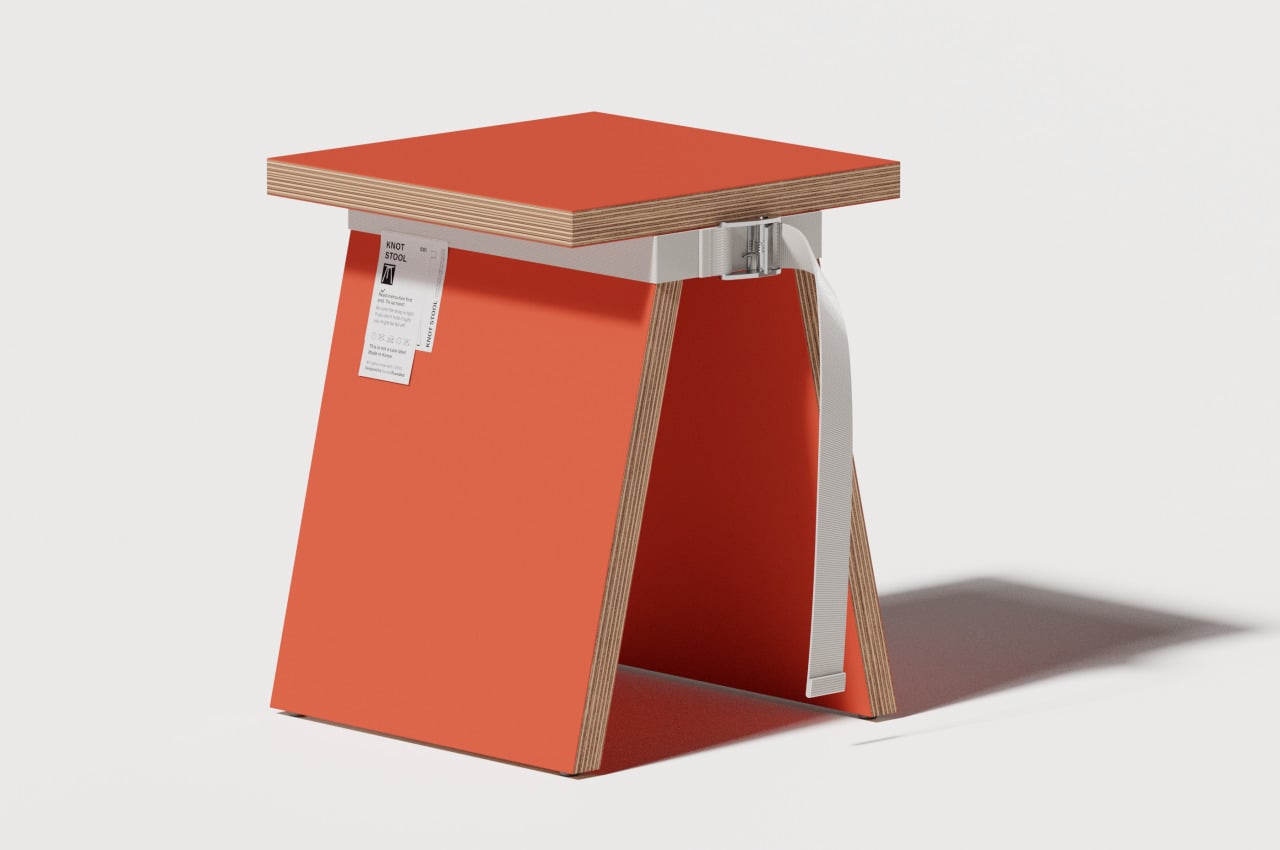
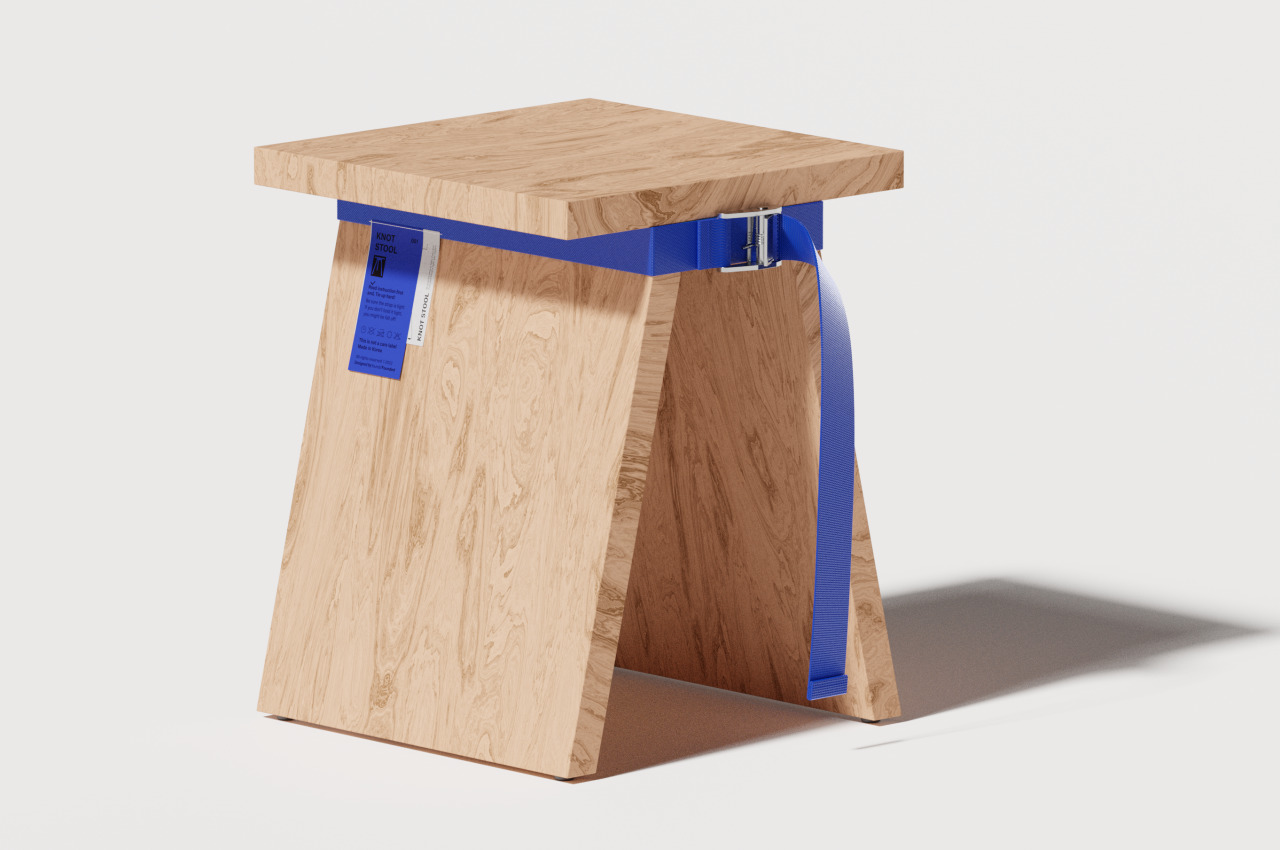
The KNOT Stool is a uniquely designed stool that is flat all around, equipped with neither a curved surface nor corner. You can observe the various layers of wood that makeup all its parts, providing the stool with a rather brutalist aesthetic that is toned down because of the painted surfaces.
Why is it noteworthy?
The three wooden pieces can be painted in the same or different colors. The decorative webbing strap that wraps around the top of the stool’s legs can also come in complementing or contrasting colors, not to mention being made of different materials.
What we like
- Adds a whimsical + fun element to your interiors
- Clean and minimal design
What we dislike
- Seems to be designed more for viewing rather than sitting
6. The Bündner Side Table
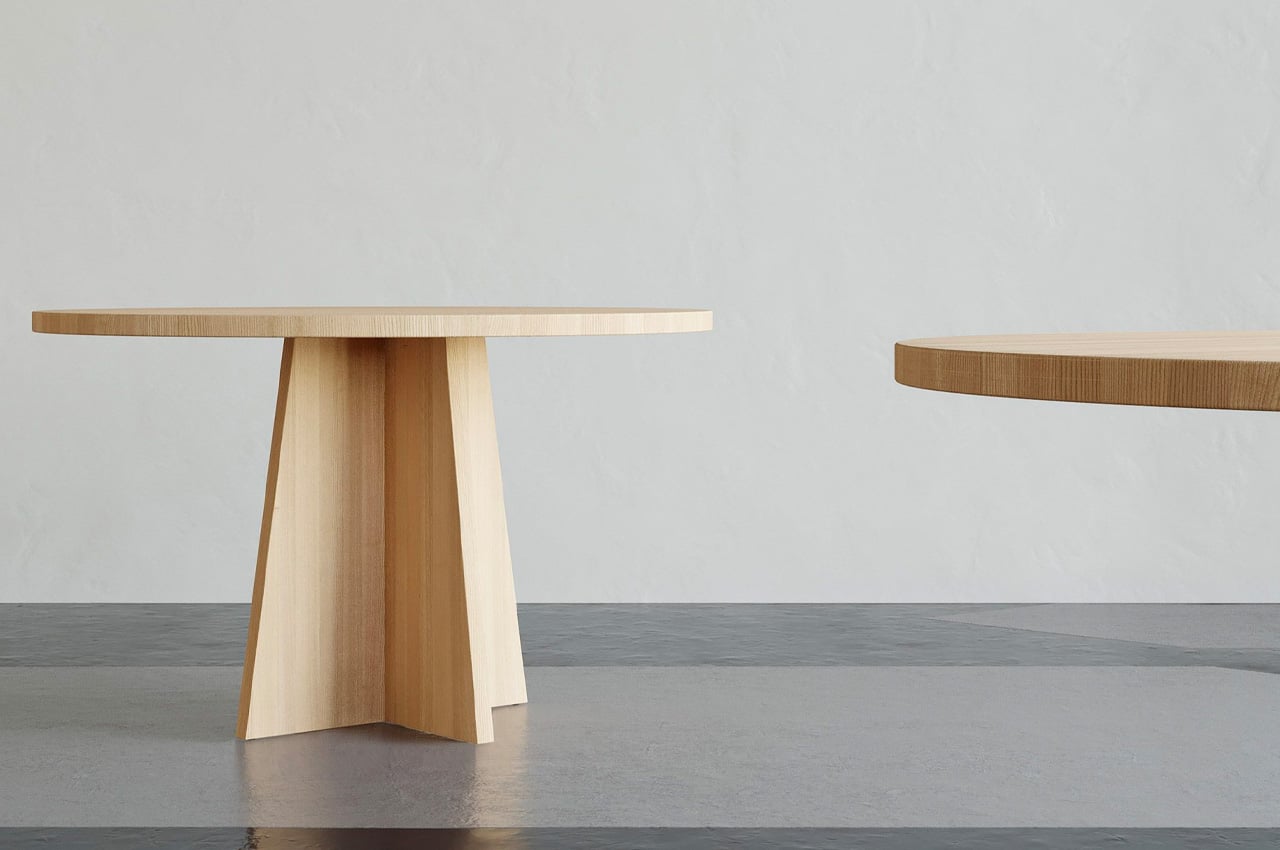
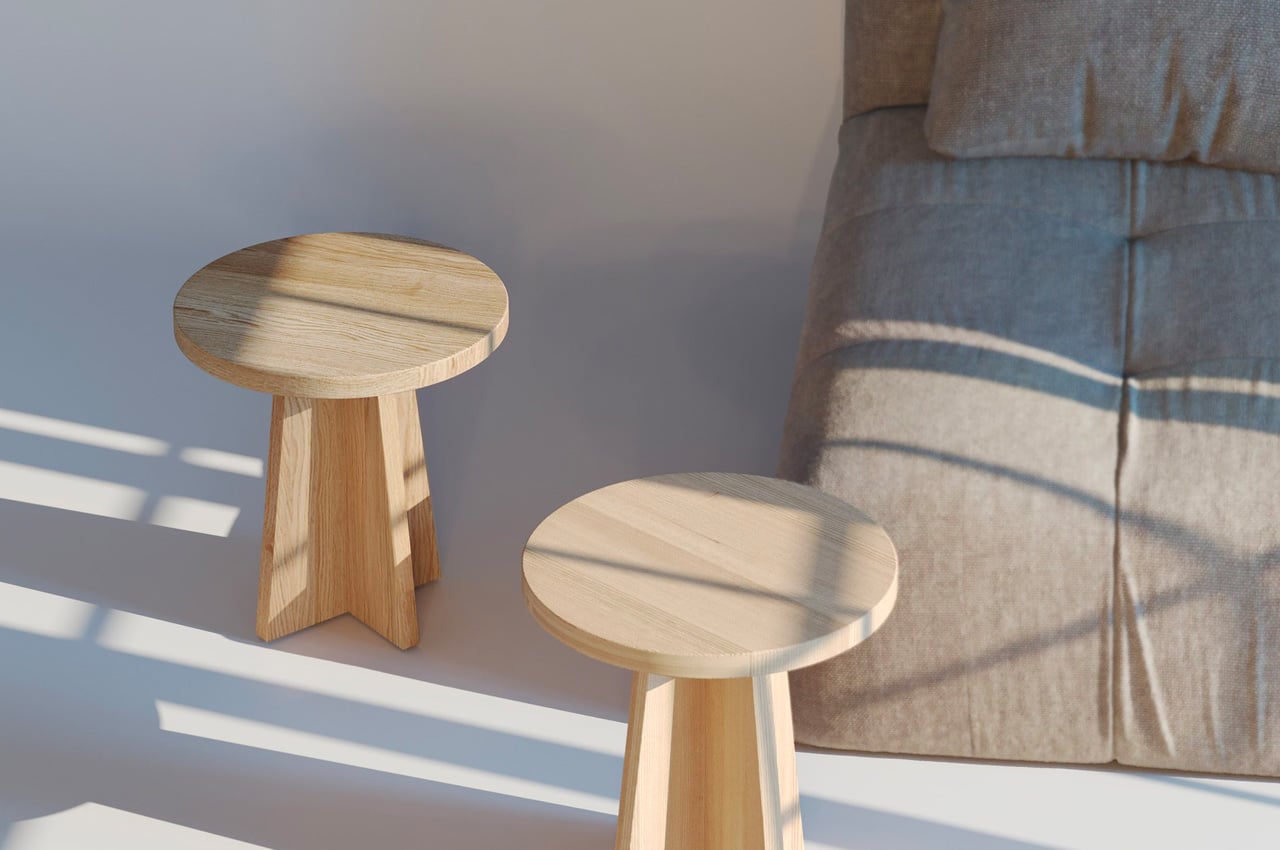
Designed by the Portuguese architecture and design studio Joana Vilaça Studio, the Bündner Side table is a solid wood table that is artfully inspired by the Swiss Alps lifestyle. It’s a rather interesting muse for a meager table, and not a very common one either.
Why is it noteworthy?
Joana drew inspiration from her own experience of living in Switzerland, where her studio is located. “Having lived for five years in the beautiful Graubünden canton of Switzerland, the collection is inspired by the art of living in the Swiss Alps,” she said.
What we like
- The self-assembly design is ideal for residential or public interiors, where it can be utilized as a bedside, coffee, or side table
What we dislike
- Would be great if there was a folding/space-saving version of it as well
7. Oceanides
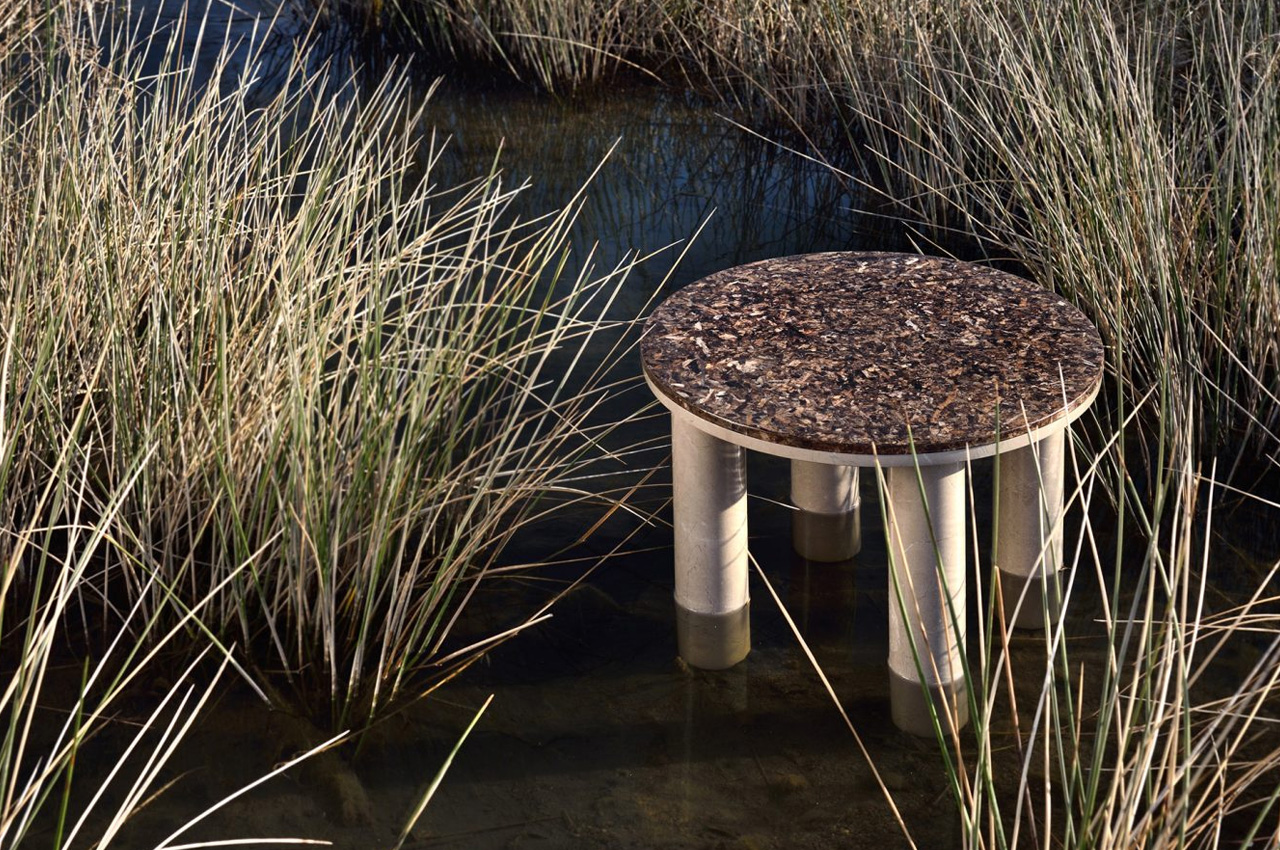
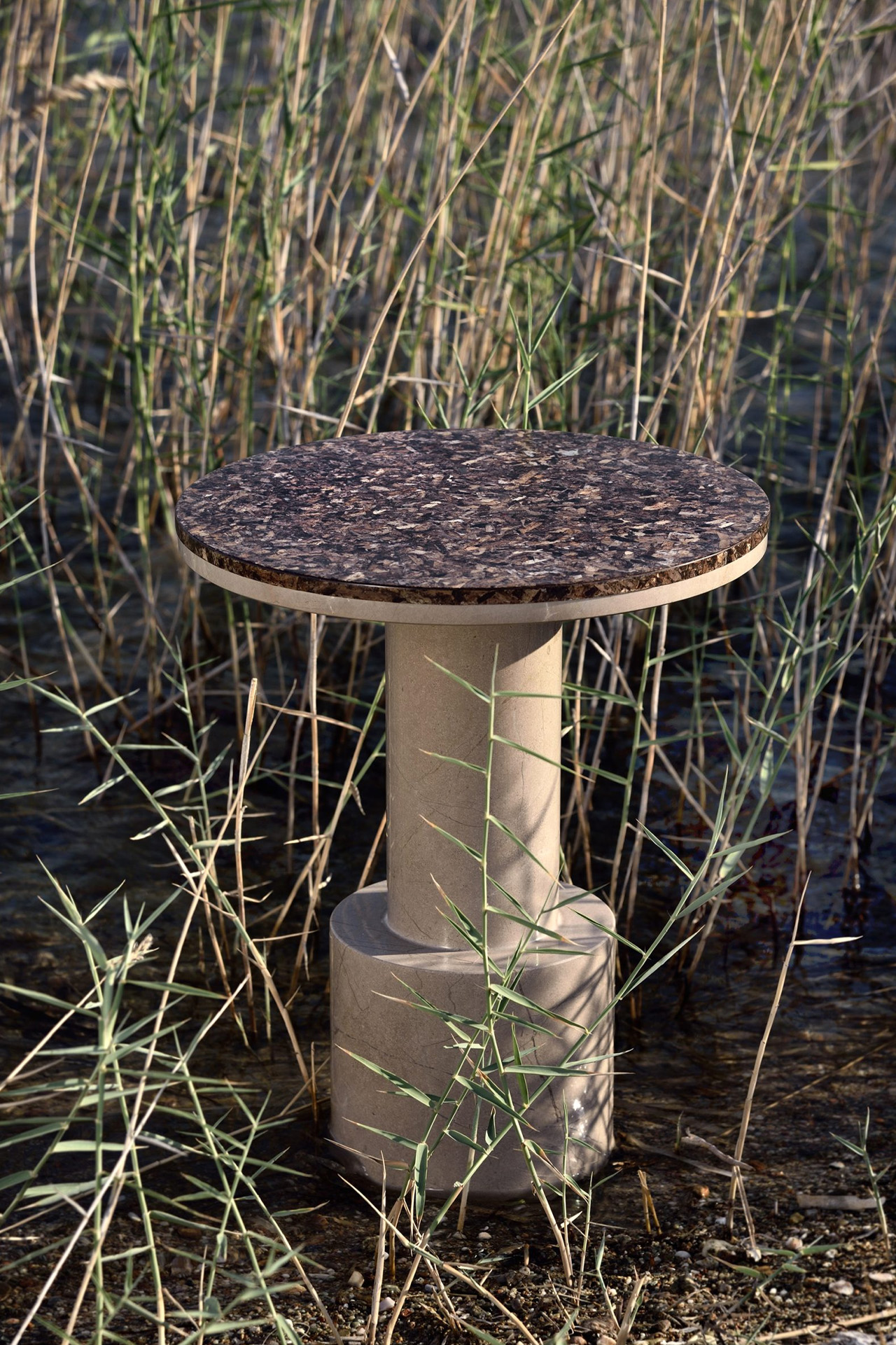
Designed by Alexia Mintsouli for UK studio Alexa Mint, Oceanides is a collection of tables made from sea plants and marble. The innovative collection includes a square coffee table and two round side tables. One of the side tables features four legs, while the other features a solid base.
Why is it noteworthy?
Peloponnesian Tortora marble was used to craft the base and legs of the table, while the brown-colored tabletops were built using a sea plant that imparts the table with a natural pattern variation.
What we like
- The local Greek craftsmen were involved in the process, hence giving the local economy a boost as well
- Designed to promote sustainability + earth preservation
What we dislike
- No option for customization
8. The Centenniale Coffee Table
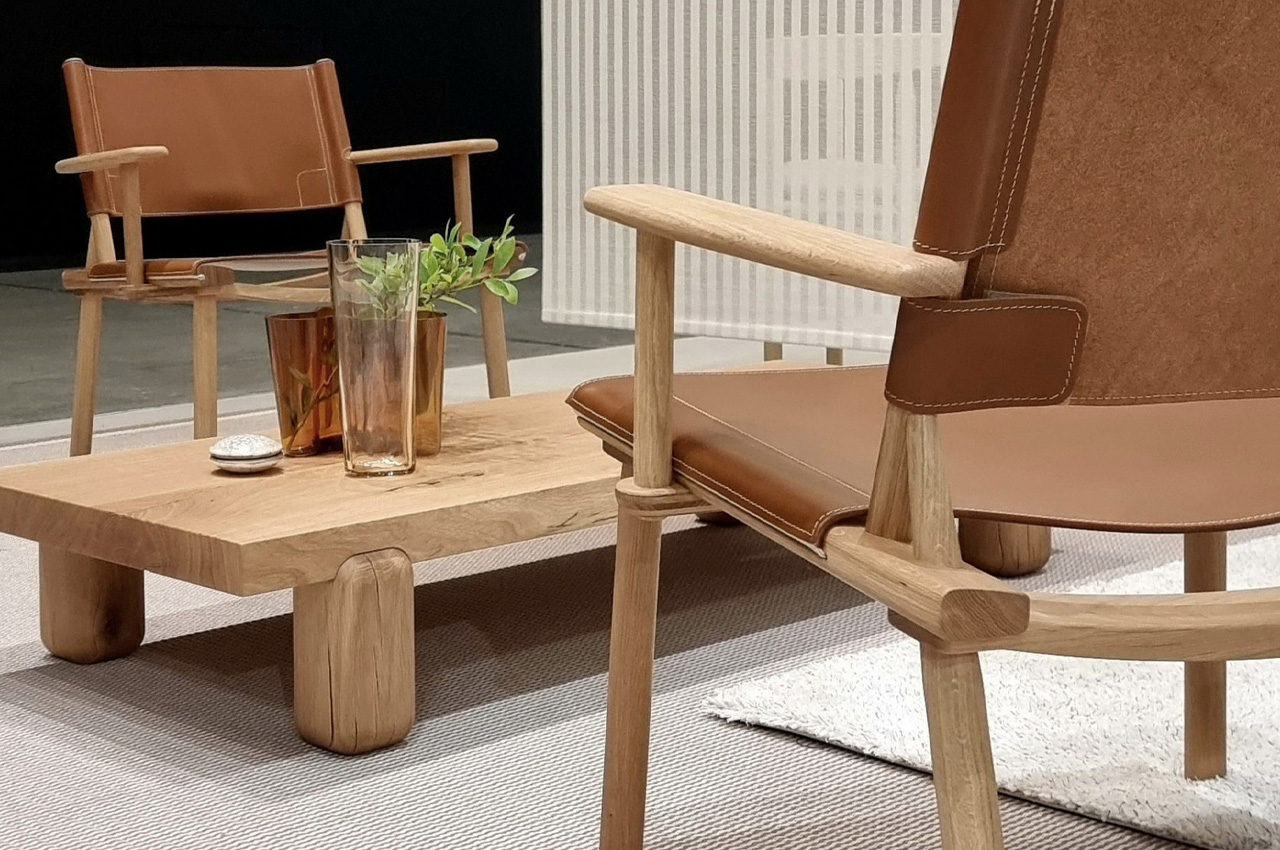
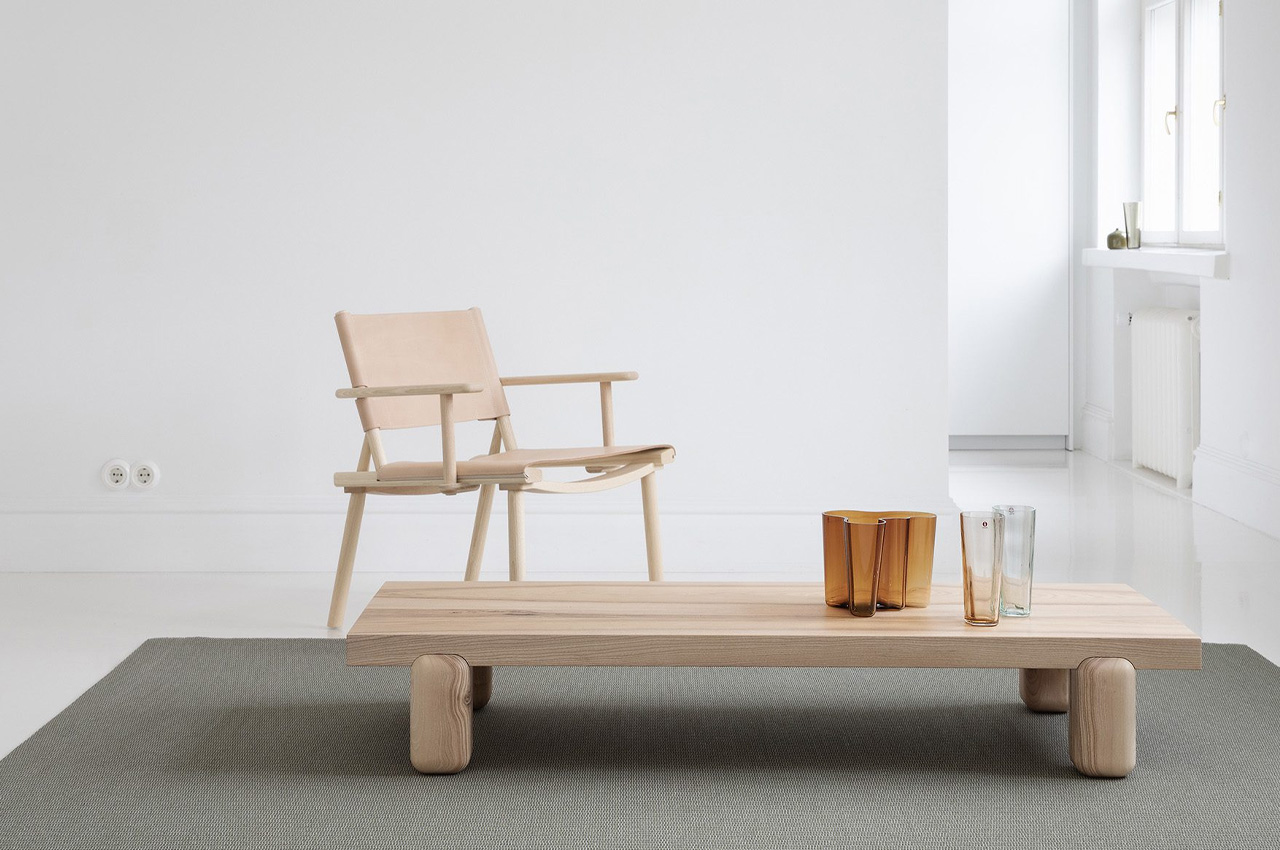
Designed by architect and designer Joanna Laajisto for the Finnish brand Nikari, the Centenniale coffee table is a sturdy and minimal coffee table built using 100-year-old wood.
Why is it noteworthy?
The coffee table was designed by embracing the cracks and imperfections of the old timber. The entire coffee table was constructed from a single piece of wood, and it features a sharp-edged and elongated tabletop that is supported by blocky and chonky legs with rounded edges.
What we like
- The different elements of the table beautifully showcase the unique and versatile variations and textures in the timber
What we dislike
- Aesthetics are a tad bit simple and unassuming
9. Stackabl
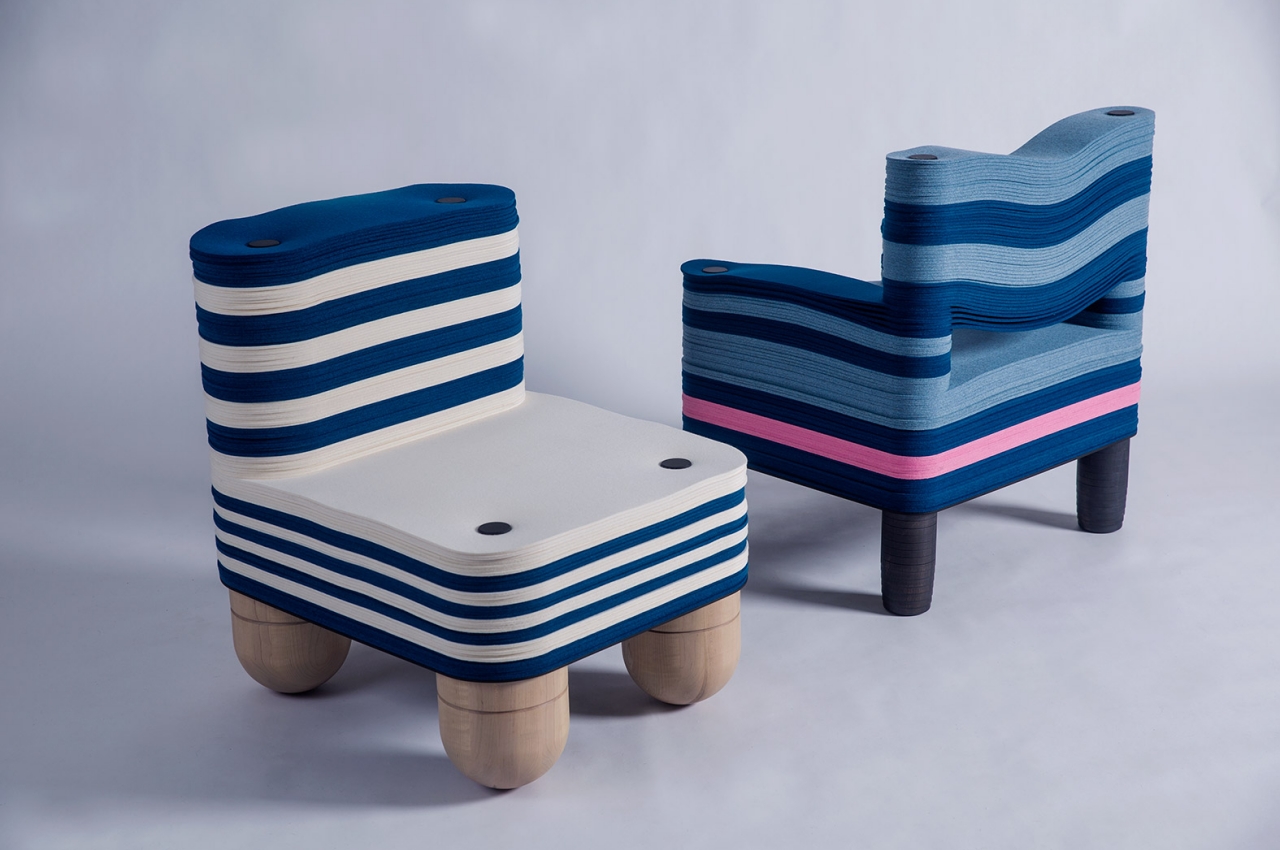
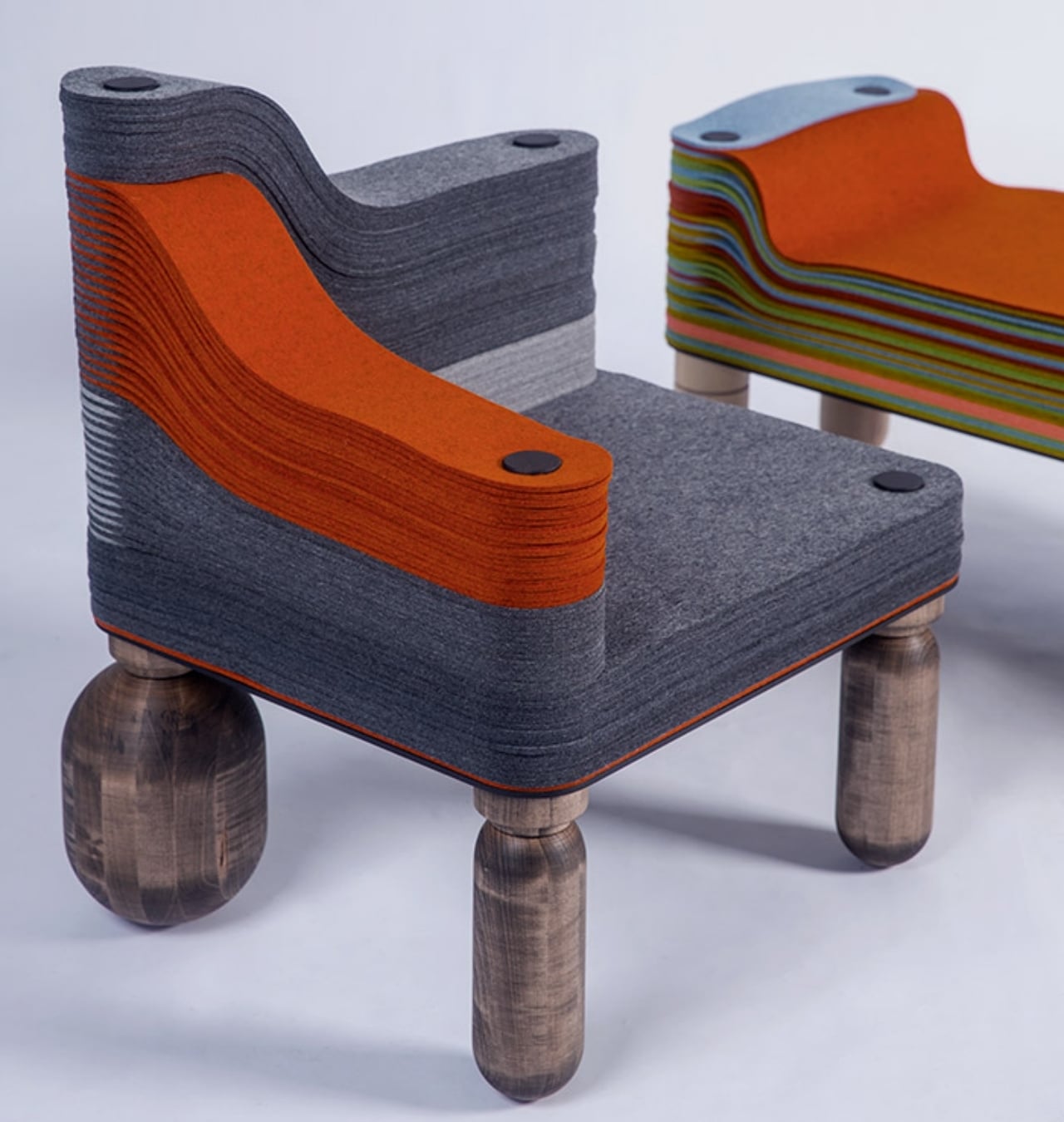
More than just a collection of designer furniture in the form of chairs, lounges, and benches, Stackabl is actually a new system that mixes machine precision with human creativity. In a nutshell, a specialized configurator software analyzes choices made by a user or a designer, like colors or dimensions, and selects high-quality felt offcuts that are then cut by robots for use in making furniture.
Why is it noteworthy?
The demand for clothing and furniture upholstery has probably gone up in the past few years, as more people become more attuned to well-designed products. That means more materials are used for production, which unfortunately also means more scraps are left on the cutting room floor, quite literally. While some of these materials are biodegradable or at least recyclable, one design firm is putting them to good use to create furniture that not only looks comfortable but artistically striking as well.
What we like
- Reduces carbon footprint while also enriching and empowering local economies
What we dislike
- May not suit modern contemporary homes
10. in.water
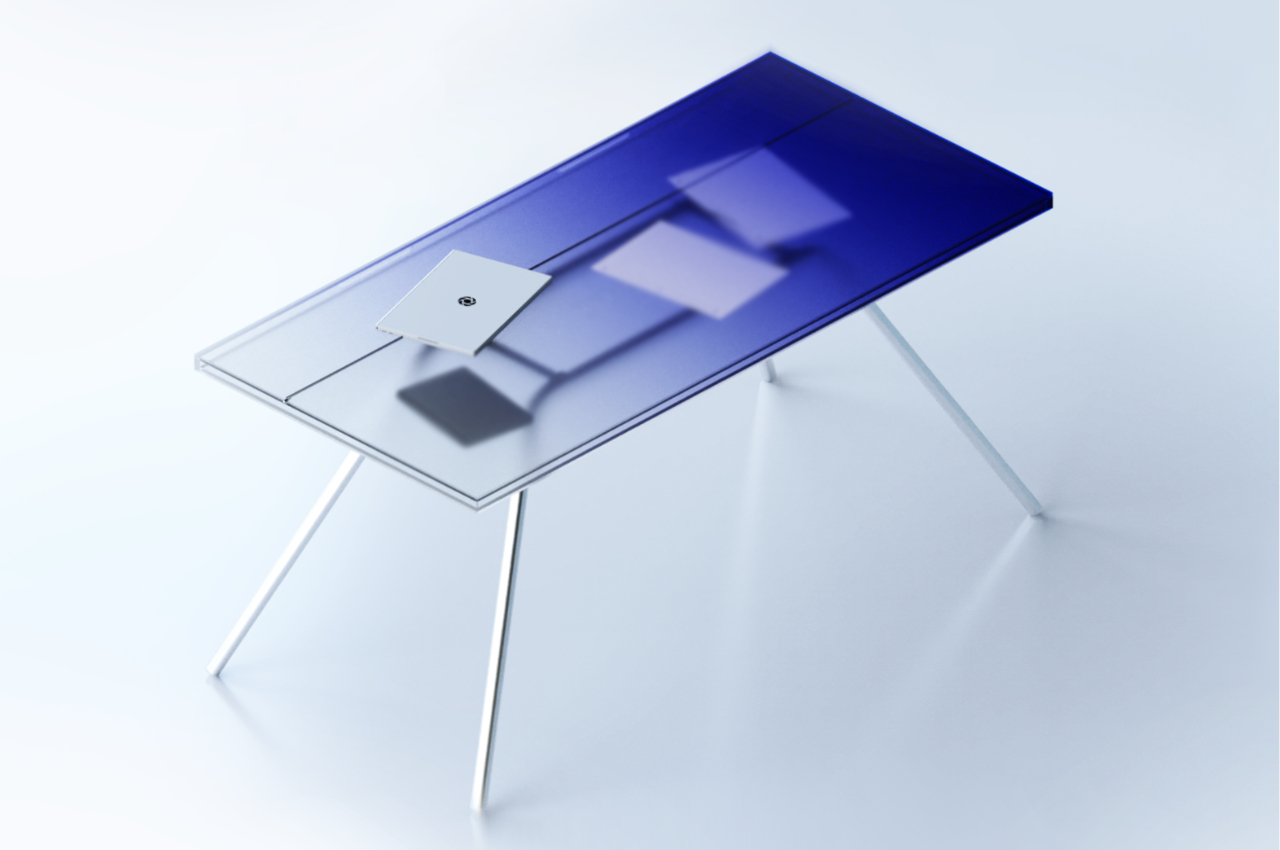
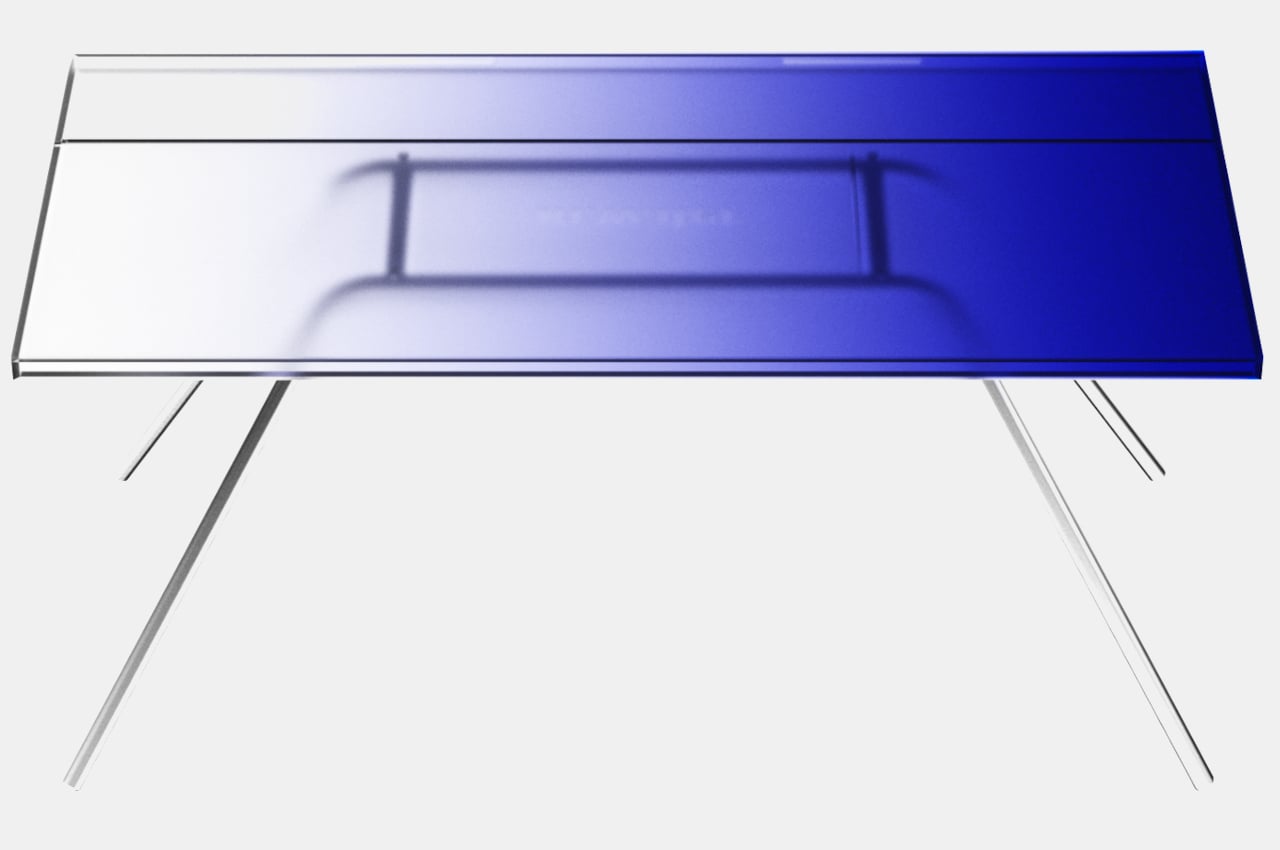
This stunning desk has a minimalist appeal to it. It is flat-packed and can be easily assembled, and includes more than two pairs of aluminum legs and. a plexiglass tabletop.
Why is it noteworthy?
The table has a translucent gradient that goes from blue to frost white, creating an interesting visual even when it’s devoid of anything on top. The choice of color is, of course, intentional, and it is meant to convey the image of a clear body of water partially reflecting the blue sky.
What we like
- It can be made from 100% recycled plexiglass and aluminum, and its flat-pack design produces less carbon footprint during transportation
What we dislike
- Showcases no way to add drawers, cable management setup, or any accessories to the glass top

